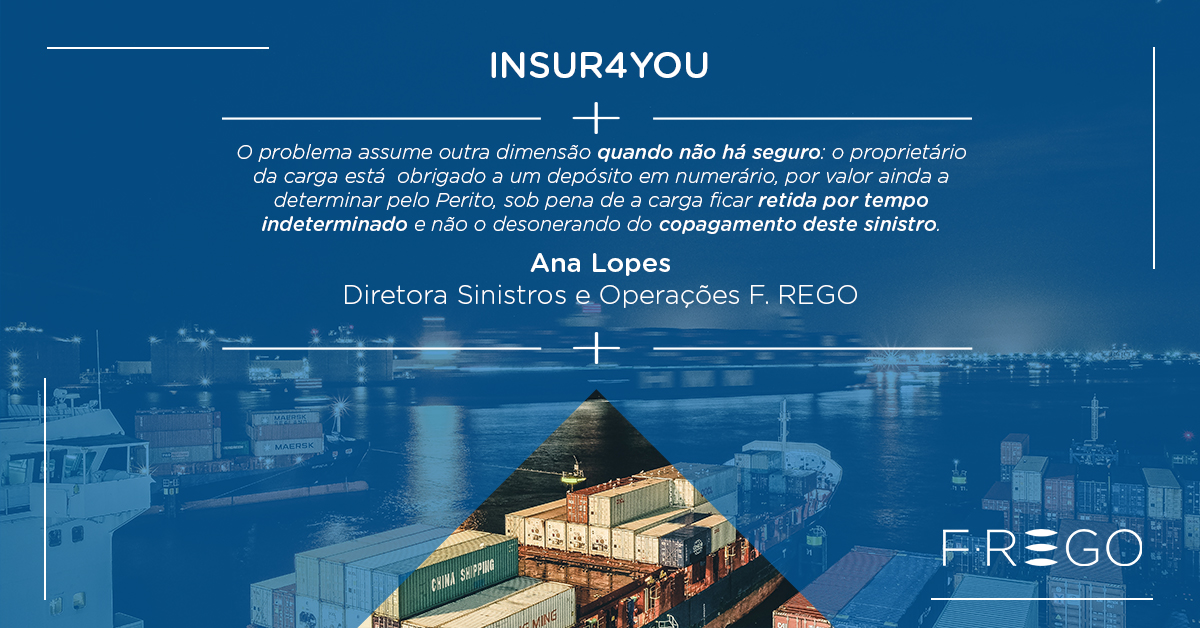Between March 23rd and 29th, we all watched the continuous and almost desperate maneuvers to rescue Ever Given, one of the largest cargo ships in the world, with around 20,000 containers of the most diverse merchandise on board. With each passing day, the spectacularity of the event was surpassed by the numbers of the inherent financial impact, considering that 12% of global trade passes through the strategic point that those 163 km of the Suez Canal represent.
For the insurance activity, these events, of a greater or lesser scale, are sinister – events resulting from a cause capable of triggering one or more guarantees of an insurance policy, and all those involved (ship owners, freight forwarders, cargo owners, government authorities and, in particular, insurance companies) began to do the math.
If there is easily visible and accountable direct damage, such as damage to the ship and the channel structure, as well as rescue expenses, indirect damage, such as delays in the delivery of transported goods and/or their deterioration (in the case of perishable goods), they will likely assume the largest share of the damage, which is the most difficult to determine and whose responsibility depends on the cause found (natural causes, winds, and/or human negligence?).
With specific regard to the cargo transported, we may be facing only a delay in delivery, common exclusion in transport insurance policies, and without any damage to the transported products.
However, since April 1st, when the owners of Ever Given declared Gross Damage – one of the oldest rules of Maritime Law which states that “there is a Gross Damage situation l when, and only when, any sacrifice or extraordinary expense it is intentionally and reasonably made or incurred for the common security for the purpose of preserving from danger the goods involved in a common sea voyage” (York-Antwerp Rules), everything changed for the cargo owners who would, at first sight, be harmed.
At the end of the line, the damage attributable to the shipowner can be shared by all those who transport cargo in each of the 20,000 containers, in proportion to the commercial value transported, becoming direct interveners in the financial “wrong” that is foreseen and which will drag on for indeterminable time.
After the Declaration of Major Breakdown, a Gross Breakdown Expert is appointed who will notify all cargo owners so that they can provide a Gross Damage guarantee, that is, to guarantee payment methods for an unknown value.
For the owners of cargo protected with transport insurance, the process is simple: they report the general average loss guaranteed by the insurance policies to their insurance company, which issues the required payment guarantee and through which the cargo can finally be delivered.
The problem takes on another dimension when there is no insurance: the owner of the cargo is obliged to make a cash deposit, for an amount still to be determined by the Expert, under penalty of the cargo being held indefinitely and not exempting him from the co-payment of this claim.
As the saying goes, “house robbed, door locks” – is it worth saving on insurance?
Ana Lopes, Director of Claims and Operations F. REGO






